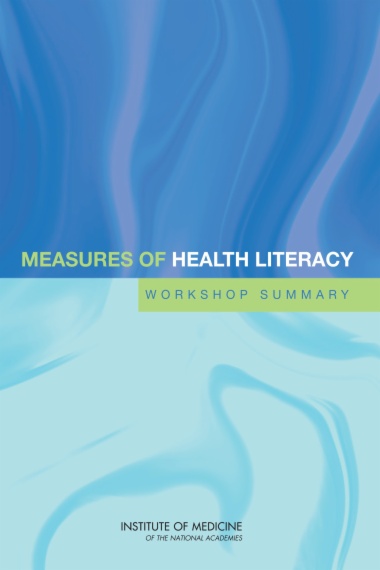

Health literacy—the ability for individuals to obtain, process, and understand basic health information and services to facilitate appropriate health decisions—is increasingly recognized as an important facet of health care and health outcomes. Although research on health literacy has grown tremendously in the past decade, there is no widely agreed-upon framework for health literacy as a determinant of health outcomes. Most instruments focus on assessing an individual's health literacy, yet the scope of health literacy reaches far beyond an individual's skills and abilities. Health literacy occurs in the context of the health care system, and therefore measures of health literacy must also assess the demands and complexities of the health care systems with which patients interact. For example, measures are needed to determine how well the system has been organized so that it can be navigated by individuals with different levels of health literacy and how well health organizations are doing at making health information understandable and actionable.
To examine what is known about measures of health literacy, the Institute of Medicine convened a workshop. The workshop, summarized in this volume, reviews the current status of measures of health literacy, including those used in the health care setting; discusses possible surrogate measures that might be used to assess health literacy; and explores ways in which health literacy measures can be used to assess patient-centered approaches to care.